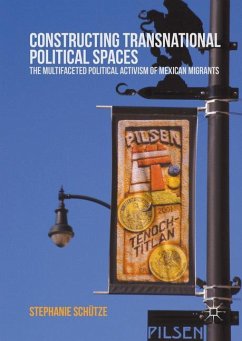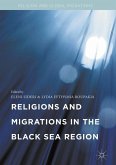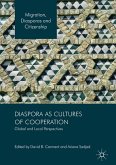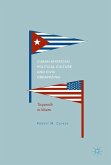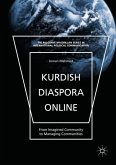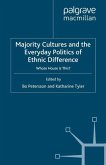This book analyzes Mexican migrant organizations in the US and their political influence in home communities in Mexico. By connecting multifaceted arenas of Mexican migrant's activism, it traces the construction of transnational political spaces. The author's ethnographic work in the state of Michoacán and in Chicago shows how these transnational arenas overcome the limits of traditional political spaces - the nation state and the local community - and bring together intertwined facets of 'the political'. The book examines how actors engage in politics within transnational spaces; it delineates the different trajectories and agendas of male and female, indigenous and non-indigenous migrant activists; it demonstrates how the local and actor-centered levels are linked to the regional or state levels as well as to the federal levels of politics; and finally, it shows how these multifaceted arenas constitute transnational spaces that have implications for politics and society in Mexico andthe US alike.
"The book provides insights into complex translocal political arenas and an intriguing topic that is not likely to decrease in relevance over the coming years ... . By identifying central arenas and agents of a surging transnational political space, the book will be helpful as a source of inspiration to students and scholars planning to do fieldwork on transnational political processes between Latin America and North America." (Casper Jacobsen, Nordic Journal of Migration Research, Vol. 7 (3), September, 2017)

